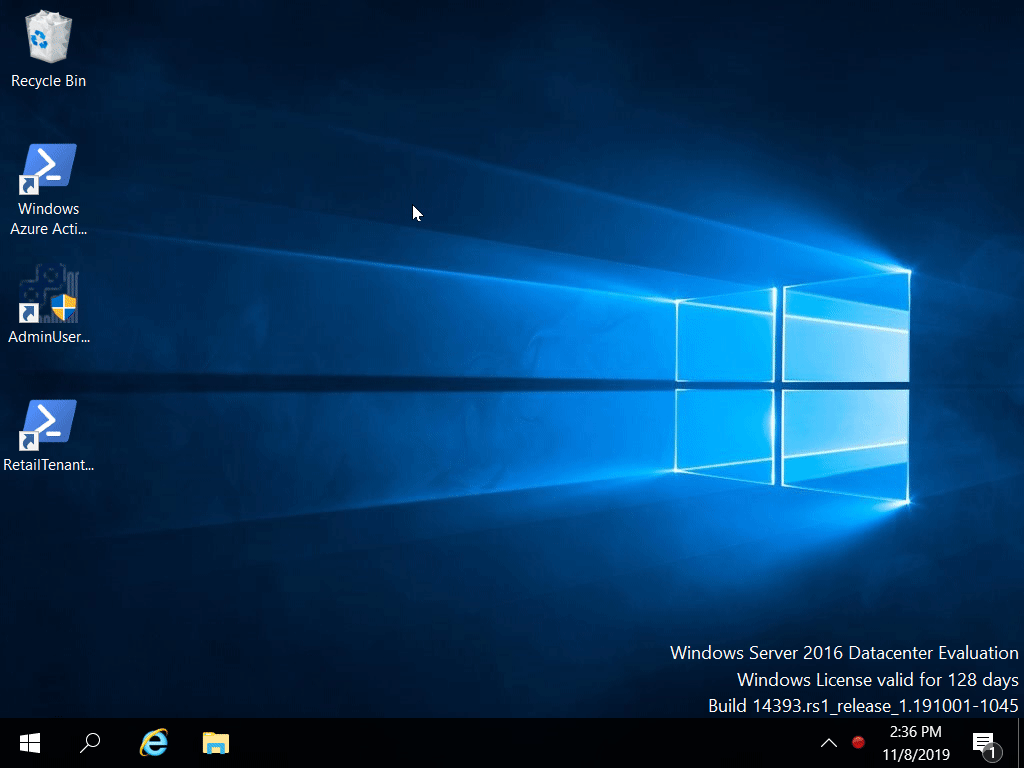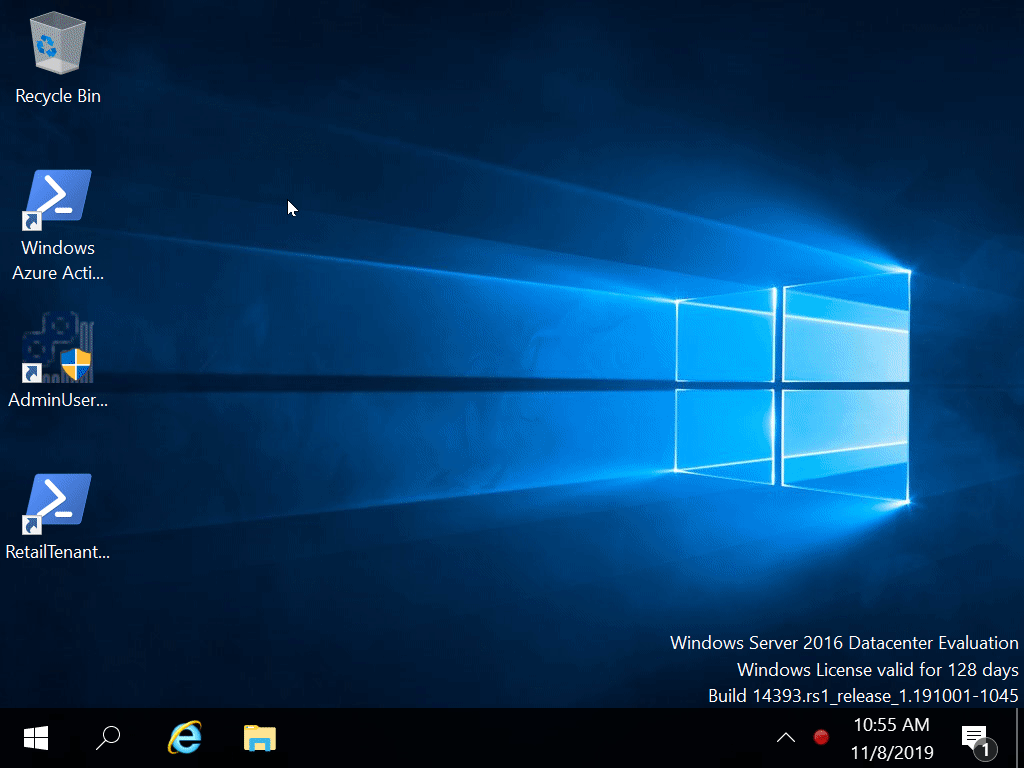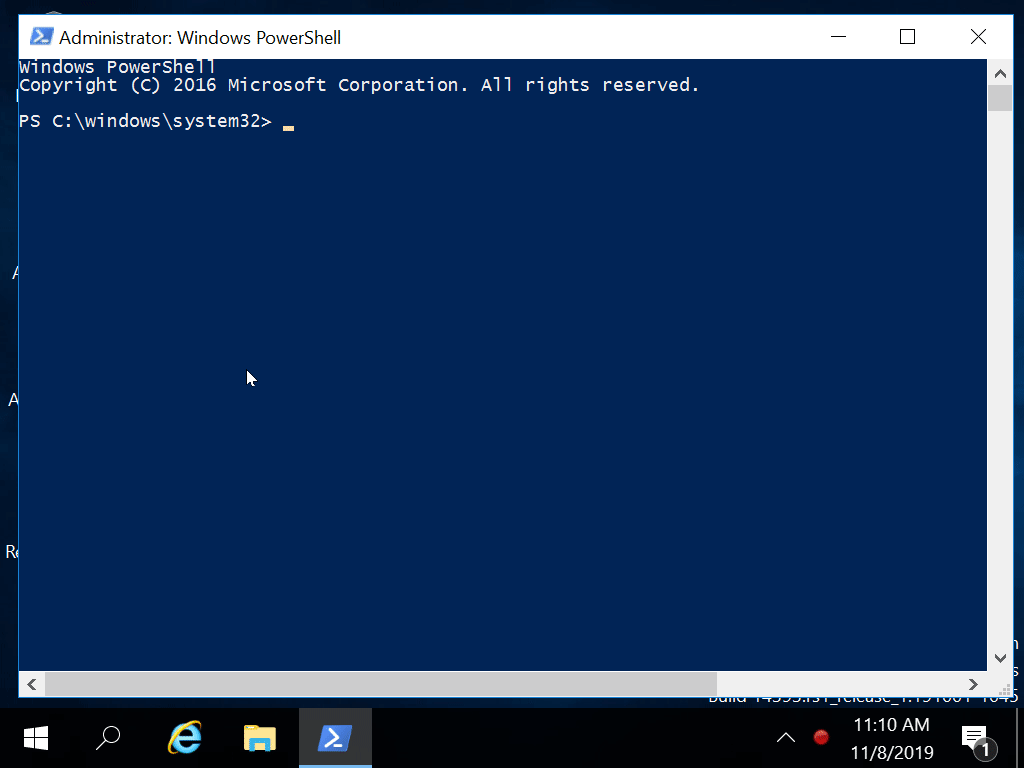-
Notifications
You must be signed in to change notification settings - Fork 102
Tutorial Import Module
This tutorial will show you how to import the d365fo.tools on a machine where you already installed the d365fo.tools.
You need to import / load the d365fo.tools module into PowerShell every time you need to use a command from it.
- Machine with D365FO installed
- PowerShell 5.1
- d365fo.tools module installed
Please visit the Install as an Administrator or the Install as a Non Administrator tutorials to learn how to install the tools.
Locate the PowerShell icon, if you don't have it on your desktop or in the task pane, we can locate it in the Windows Start Menu. Search for it or type PowerShell.
You need to right click on the PowerShell icon and select the "Run As Administrator" option for the menu.

Locate the PowerShell icon, if you don't have it on your desktop or in the task pane, we can locate it in the Windows Start Menu. Search for it or type PowerShell.

You need to import / load the #d365fo.to module into the current PowerShell console. Type the following command:
Import-Module -Name d365fo.tools

In this tutorial we showed you how to import the d365fo.tools into your PowerShell console.
- Install as a non-Administrator
- Install as a Administrator
- Import d365fo.tools module
- List available commands from d365fo.tools module
- Get help content for a command
- Start, Stop and List services
- Import users into the D365FO environment
- Import external users into the D365FO environment
- Enable users in the D365FO environment
- Update users in the D365FO environment
- Provision D365FO environment to new Azure AD tenant
- Import a bacpac file into a Tier1 environment
- List modules / models
- Compile module
- Install AzCopy
- Install SqlPackage
- Install Nuget
- Speed up LCS download via AzCopy
- Download latest bacpac from LCS via AzCopy
- Register NuGet source
- Configure Azure Logic App
- Fix AzureStorageConfig
- Run a runnable class
- Update users in environment
- Work with Azure Storage Account
- Work with packages, resource label files, language and lables
- Working with the different D365 services